Dairy farming is a viable business option for those looking to start their dairy farm in India. With suitable investments, you can develop a successful dairy farm that will provide you with consistent income.
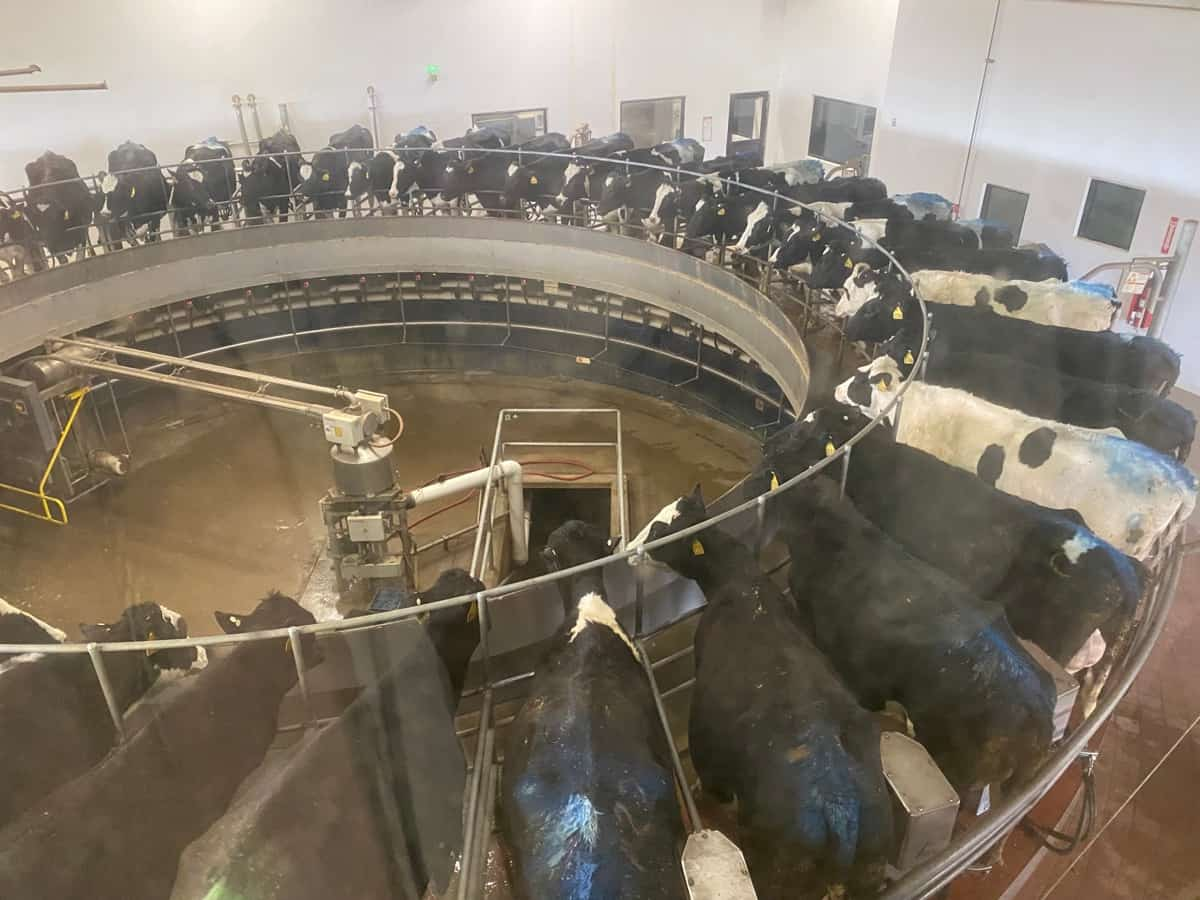
Dairy entrepreneurship development scheme in India
What is a dairy entrepreneurship development scheme?
The Dairy Entrepreneurship Development Scheme (DEDS) is a national program launched by the Department of Animal Husbandry, Dairying, and Fisheries, Ministry of Agriculture, in 2006 to promote dairy entrepreneurship and help dairy farmers to convert their existing agricultural activities into profitable businesses.
Under the scheme, eligible dairy farmers receive financial assistance to start their businesses. This includes funds for an initial investment in equipment and inputs required for farming, marketing, and promotional expenses. In addition, the scheme offers guidance on business planning and management skills.
Dairy development programmes in India
The Dairy Development Programme in India is a government-initiated scheme that aims to improve the dairy sector through industry development and specific interventions. The programs are implemented by the Department of Agriculture and Cooperation (DAC) in cooperation with various state governments.
The main objectives of the Dairy Development Scheme are to increase milk production, improve farm productivity, and create employment opportunities in the dairy sector. To achieve these goals, the program provides financial assistance to farmers, encourages technical innovations, and develops marketing and distribution infrastructure. The Dairy Development Scheme has facilitated the growth of the dairy sector in India.
In case you missed it: Key Rules to Improve Feed Conversion Ratio (FCR) in Dairy Animals: For More Profits in Dairy Farming Business
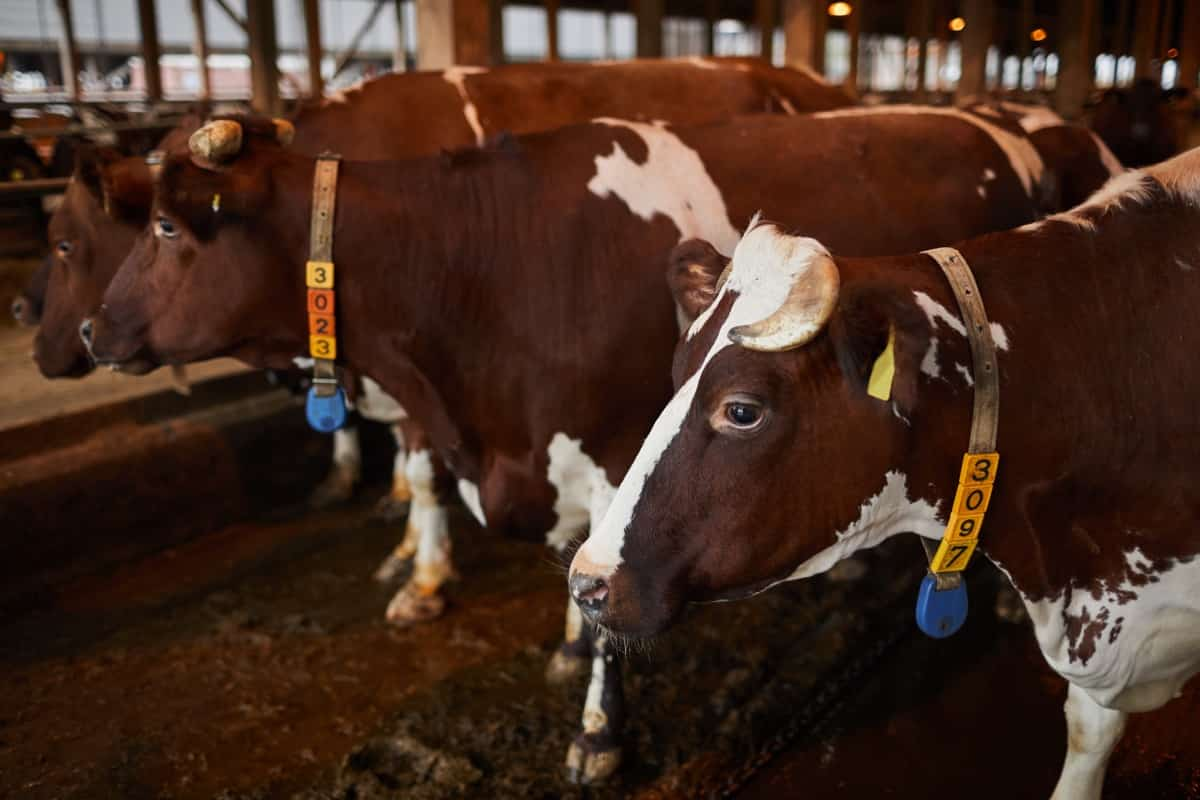
The objective is to promote dairy production growth in India through support for entrepreneurs and to contribute significantly to the country’s goal of self-reliance in milk production. The scheme provides funding and technical assistance to help dairy farmers improve their production techniques, expand their businesses, and create new jobs.
How can entrepreneurship be developed in dairy farming?
Entrepreneurship is an essential aspect of any business. It is the process of planning, initiating, and executing a new enterprise. Dairy farming is a complex venture requiring significant cooperation and coordination among many farm team members. While it is possible to develop entrepreneurship in dairy farming through individual efforts, there are many benefits to utilizing an entrepreneurship development scheme (EDS). The EDS can provide training and support for individuals seeking to start their dairy farm businesses.
The benefits of using an EDS
Increased production and profitability: Using an EDS will help increase production by teaching participants how to optimize their dairy farm operations and improve efficiency. In addition, successful entrepreneurs often learn how to network and expand their businesses beyond their original scope. As a result, they achieve greater overall profits.
Better access to resources and knowledge: Through the EDS, entrepreneurs have access to training materials, support systems, and other resources to help them succeed in their businesses. This increased access to resources can lead to innovation or improvement in existing dairy farming practices. In addition, access to experienced entrepreneurs can also lead to insights that are unavailable from within the traditional dairy industry structure.
Improved workforce skills: The skills required for success in dairy farming vary depending on the type of business being started. Through the EDS, participants can acquire the necessary skills to start their milk production or recycling business ventures. These skills often
Components and pattern of assistance provided under the DEDS scheme
Under the Dairy Entrepreneurship Development Scheme (DEDS), various components help start-ups and mid-size dairy firms. The main components of the DEDS include concessional loans, mentorship and training programs, business consultancies, and market access. The concessional loans available under the DEDS are interest-free for five years. The loans can be used for capital expenditure, such as buying land, machinery, or breeding cows.
There is also provision for a 70% rebate of loan repayment to start-ups that have achieved certain milestones, such as increasing milk production by 25%. Mentorship and training programs are provided under the DEDS to help dairy entrepreneurs progress their businesses. These programs offer guidance on marketing strategies, financial management, and animal husbandry. Business consultancies are also offered under the DEDS to help dairy entrepreneurs develop their businesses.
These consultations cover manufacturing processes, franchising opportunities, and export strategies. Access to markets is another important component of the DEDS. To help dairy entrepreneurs export their products overseas, the scheme provides them access to domestic and foreign trade fairs. Additionally, subsidies are provided through the scheme for marketing costs associated with exporting products abroad.
In case you missed it: Dairy Farming in New Zealand: How to Start, Breeds, A Step-By-Step Guide for Beginners
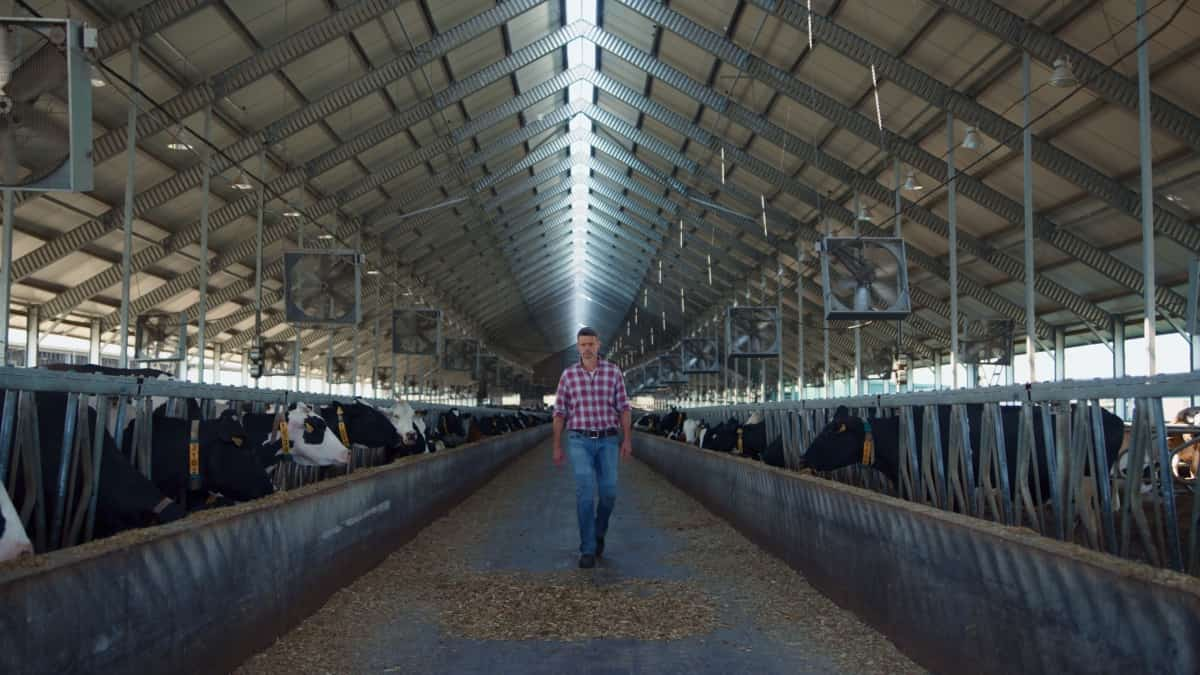
Key features of the DEDS
The Dairy Entrepreneurship Development Scheme (DEDS) was launched by the Government of India in May 2016 to promote dairy entrepreneurship, thereby creating opportunities for the rural poor to avail quality amenities and modern agriculture technologies. The scheme provides a package of support, including access to credit, training and mentorship, incubation, and facilitation of market linkages.
Under the program, eligible dairy entrepreneurs will be provided credit up to Rs 1 crore through state-owned banks. They will also receive training in milk production, storage, and marketing. In addition, they will be offered mentorship from experienced dairy entrepreneurs. The key features of DEDS include the following:
- Access to credit: Farmers receive loans ranging from Rs 5,000 to Rs 2 crore that they can use to purchase inputs or expand their businesses.
- Technical assistance: Farmers receive training on agricultural techniques such as crop rotation and animal husbandry, marketing strategies, and financial management.
- Market research: Farmers receive advice on developing their businesses and finding new product markets.
The main goal of DEDS
The Dairy Entrepreneurship Development Scheme (DEDS) is a government-sponsored scheme that aims to promote the growth of the dairy business in India. Under the scheme, eligible dairy entrepreneurs can receive financial assistance and access to technical assistance from government-run institutions.
The DEDS supports the growth of small and medium-sized businesses. Since its inception, the scheme has helped provide financial assistance and access to technical assistance to more than 1,000 dairy entrepreneurs. In addition, the DEDS has helped expand the reach of dairy production in rural areas and increased consumer awareness about dairy products.
The DEDS is available in 10 Indian states: Andhra Pradesh, Bihar, Chhattisgarh, Gujarat, Haryana, Himachal Pradesh, Jharkhand, Karnataka, Maharashtra, Orissa Uttar Pradesh, and Telangana. In addition, the program is currently being extended to Madhya Pradesh and Rajasthan state.
In case you missed it: 19 Key Rules for Effective Dairy Farm Management: From Planning to Reduce Production Cost
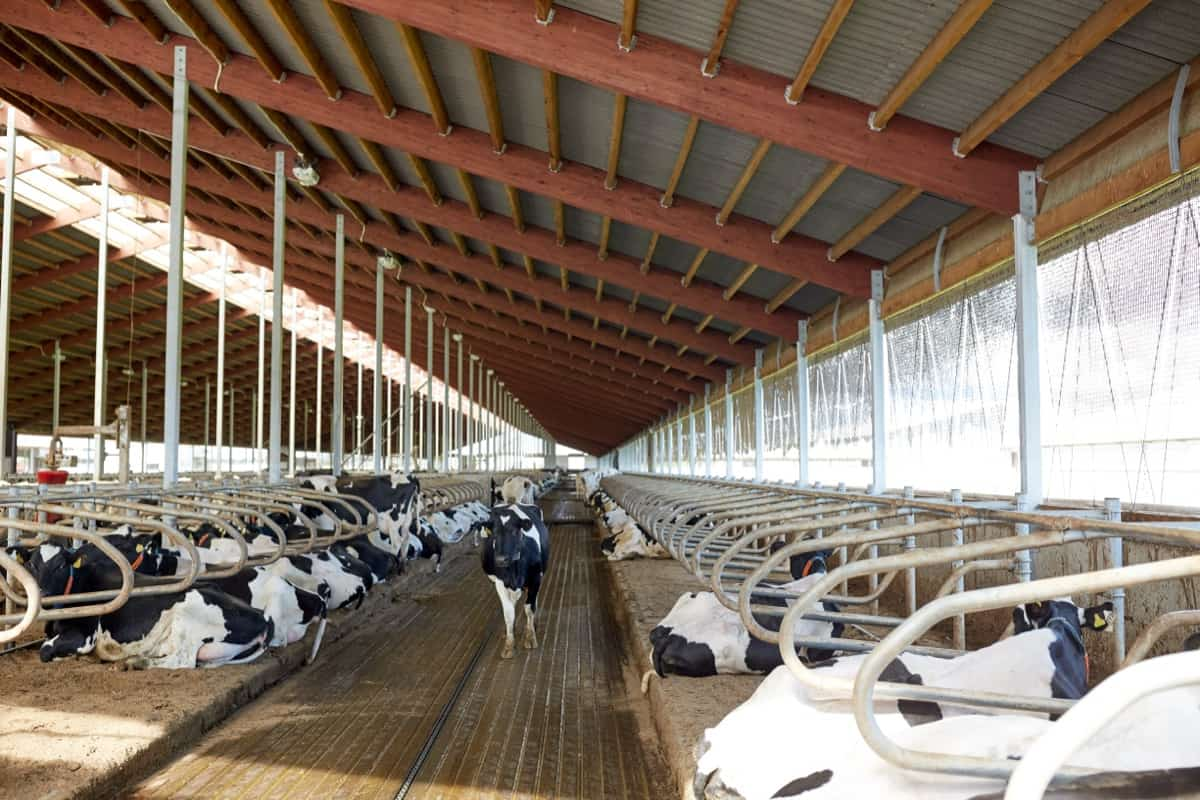
Activities covered under the DEDS
- Establishment of dairy units
- Rearing of heifer calves
- Vermicompost and milking machines
- Milk processing machines
- Cold storage facilities and transportation
- Private veterinary clinics
- Marketing of milk or milk products
The objective of the DEDS scheme
- The dairy entrepreneurship development scheme aims to promote the growth of dairy businesses by providing them access to financial and technical assistance, knowledge, and skills.
- This will help these businesses expand, create jobs, and become more competitive globally. In addition, the scheme will help to increase the availability of high-quality milk products and improve the livelihoods of dairy farmers.
- To promote the setting up of modern dairy farms to produce clean milk.
- To boost heifer calf rearing, thereby conserving good breeding stock.
- To bring structural changes in the unorganized sector so that the initial milk processing can be taken up at the village level.
- To upgrade the quality technology to handle milk commercially.
- To provide infrastructure mainly for the unorganized sector.
- Generate self-employment and provide infrastructure for the dairy sector.
- Setting up modern dairy farms for the production of clean milk.
- Encourage heifer calf rearing for conservation and development of good breeding stock.
- Bring structural changes in the unorganized sector so that the initial milk processing can be taken up at the village level.
- Upgradation of traditional technology to handle milk on a commercial scale.
What is the rate of interest and repayment tenure under DEDS?
Interest Rates – The dairy Entrepreneurship Development Scheme offers loans at interest rates determined according to the RBI guidelines. The bank can charge interest rates on the entire loan amount till the beneficiary receives a subsidy. Moreover, the interest rate will be applicable from receiving the subsidy on the bank loan portion (subsidy subtracted from a bank loan).
Repayment Tenure – The repayment tenure of loans varies between 3 to 7 years. The grace period for dairy farms to repay the loan is 3 to 6 months. At the same time, beneficiaries with the ownership of calf-rearing units are eligible for up to 3 years of a grace period. However, it entirely depends on the bank’s decision.
Implementing agencies for the DEDS scheme
National Bank for Agriculture & Rural Development (NABARD) will be the Nodal Agency for implementing the scheme. In addition, commercial Banks, Co-operative Banks, Regional Rural and urban Banks, State Cooperative Agriculture and Rural Development banks, and other institutions eligible for refinance from NABARD will implement the scheme. The scheme is open to organized as well as unorganized sectors.
Financial institutions eligible for re-finance under the DEDS scheme
- Commercial Banks
- Regional Rural and Urban Banks
- State Cooperative Banks
- State Cooperative Agricultural and Rural Development Banks
- Other Institutions which are eligible for refinancing for NABARD
How to apply for the DEDS scheme?
The Dairy Entrepreneurship Development Scheme (DEDS) is an initiative of the Indian government to promote entrepreneurship in the dairy sector. The scheme offers a credit guarantee and other assistance to entrepreneurs who establish or expand a dairy business in India.
Eligible applicants must have a valid business plan, strong financial backing, and be willing to devote at least 50% of their time to running their business. The program also provides training and support for marketing, distribution, and other essential functions of dairy businesses.
In case you missed it: Dairy Farming Loan in India: Benefits, Banks, Interest Rate, Documents, and NABARD
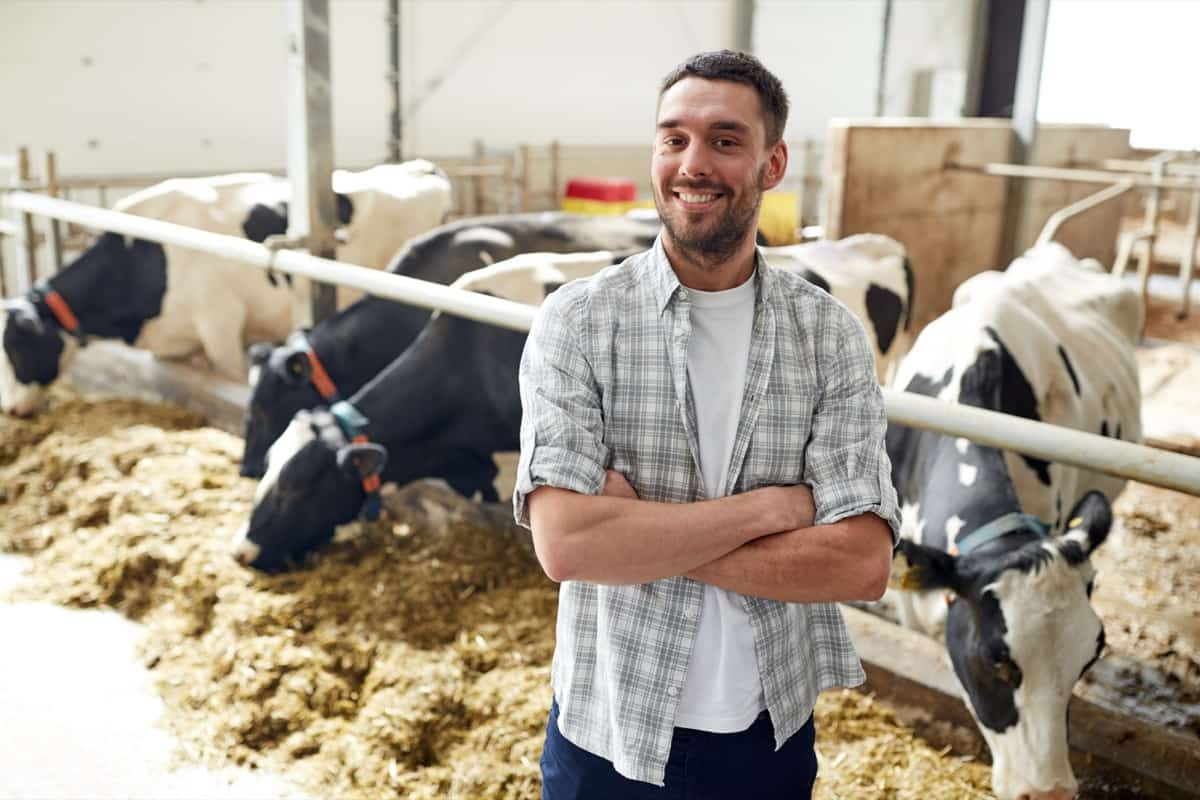
Eligible beneficiaries for applying DEDS
- The entrepreneur has to be a new dairy farmer who has started farming during the past three years.
- The enterprise must be registered with the APEDA (Agricultural and Processed Food Products Export Development Authority) and should have an annual production capacity of not less than 1,000 tonnes.
- The entrepreneur must have a valid land ownership certificate from the appropriate authority or possession of an interested party’s written consent for land acquisition and farming in all cases where agricultural land is involved.
- The enterprise must have been operational for at least six months and meet other applicable statutory requirements, such as having a bank guarantee/ letter of credit from an approved financial institution and a Procurement Policies & Procedures Manual prepared by the management, which complies with government procurement norms.
- To be eligible for DEDS support, dairy entrepreneurs must have an active dairy business operating for at least one year. They must also have generated at least Rs 10 crore in revenue over the past three years. Additionally, they must be able to demonstrate strong financial and management strengths.
- The DEDS offers support through grants, loans, and insurance products. Grants are available for investment in plant and equipment, marketing services, and research and development activities. Loans are provided to finance expansion or new businesses, while insurance products are designed to cover losses due to natural disasters.
- Farmers, individual entrepreneurs, NGOs, companies, groups of organized and unorganized sectors, Groups of organized sectors include Self-help Groups (SHGs), cooperative dairy societies, milk unions, milk federations, etc., can apply the DEDS scheme.
- An individual will be eligible for assistance for all the components under the DEDS scheme but only once for each component.
- There should be at least two equity partners in the business with an aggregate investment of not less than ₹50 lahks each, excluding any cash investments made by Government of India departments/ agencies/ instrumentalities in terms of procurement on behalf of entrepreneurs through their identified suppliers thereby mitigating any potential conflict of interest arising from there.
Terms and conditions of DEDS
The Dairy Entrepreneurship Development Scheme (DEDS) is a government-initiated program to promote the dairy sector in India. The scheme offers aspiring dairy entrepreneurs financial assistance, technical support, and mentorship. Eligibility criteria for the DEDS include having an existing dairy business with a production capacity of at least 25 liters per day and a minimum investment of Rs 1 lakh.
The DEDS provides funding worth up to 75% of the total investment cost of starting a new dairy business, including equipment and raw material purchases. This assistance is available through banks, financial institutions, and other private investors. The scheme also provides access to training, market research, and marketing and branding support.
In case you missed it: How to Start Dairy Farming in Brazil: Business Plan, Breeds, Profits, and Loans
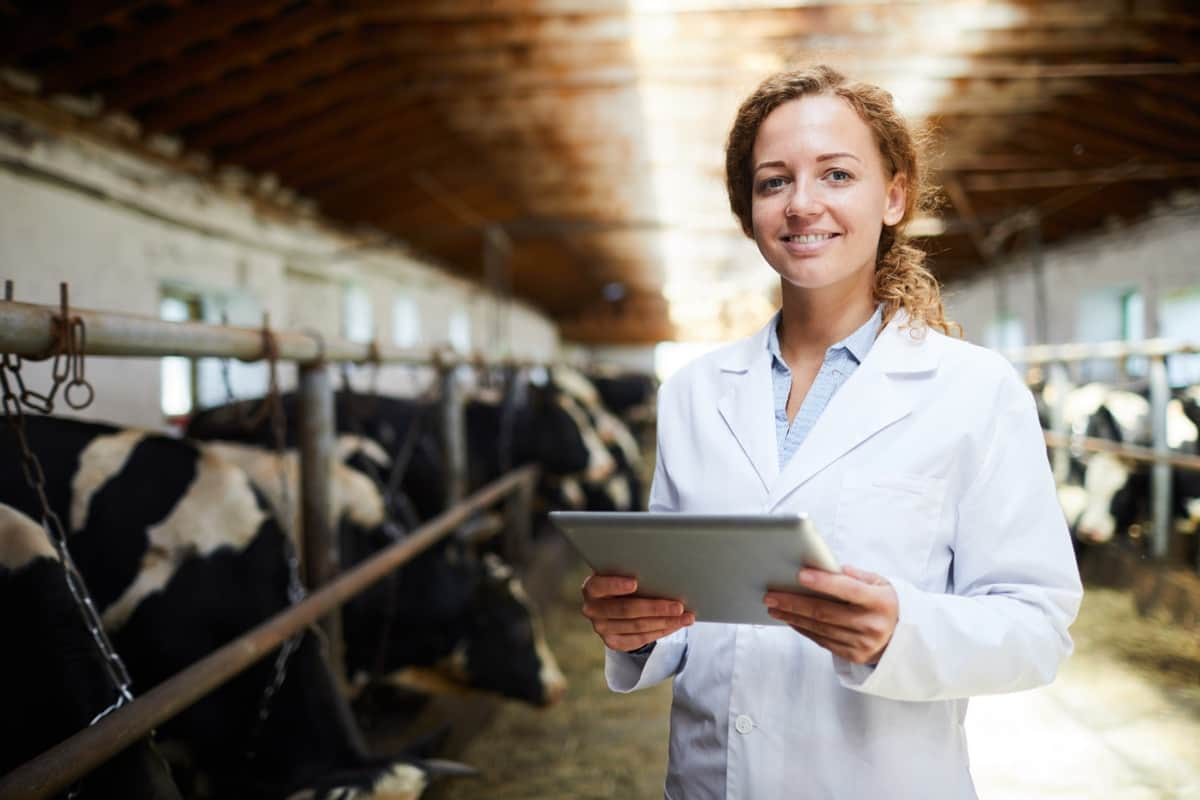
How to apply for DEDS?
To apply for DEDS loans, dairy farmers must submit an online application form. After completing the online application form, applicants must provide documentation such as a business plan, financial statement, and land ownership certificates. The final step is submitting an attestation from the district agriculture officer (DAO) confirming that the project meets eligibility criteria.
Once complete, applicants must submit a final loan application and copies of all supporting documents to the concerned bank branch. Once approved, the bank will issue a loan sanction letter which applicants should keep handy while carrying out construction work on their farm.
Conclusion
This Dairy Entrepreneurship Development Scheme (DEDS) was designed to help entrepreneurs get started in the dairy industry. The DEDS offers interested individuals access to resources and support to help them succeed in this business venture. In addition, the scheme provides training and support to eligible dairy farmers, including financial assistance for starting enterprises.
- Types of Pesticides Used in Agriculture: A Beginner’s Guide
- Economical Aquaculture: A Guide to Low-Budget Fish Farming
- 15 Common Planting Errors That Can Doom Your Fruit Trees
- How to Make Houseplants Bushy: Effective Tips and Ideas
- Innovative Strategies for Boosting Coconut Pollination and Yield
- Pollination Strategies for Maximum Pumpkin Yield
- The Complete Guide to Chicken Fattening: Strategies for Maximum Growth
- Natural Solutions for Tulip Problems: 100% Effective Remedies for Leaf and Bulb-Related Issues
- Revolutionizing Citrus Preservation: Towards a Healthier, Greener Future
- Natural Solutions for Peony Leaf and Flower Problems: 100% Effective Remedies
- Maximizing Profits with Avocado Contract Farming in India: A Comprehensive Guide
- Natural Solutions for Hydrangea Problems: 100% Effective Remedies for Leaf and Flowers
- The Ultimate Guide to Choosing the Perfect Foliage Friend: Bringing Life Indoors
- From Sunlight to Sustainability: 15 Ways to Use Solar Technology in Agriculture
- The Ultimate Guide to Dong Tao Chicken: Exploring from History to Raising
- The Eco-Friendly Makeover: How to Convert Your Unused Swimming Pool into a Fish Pond
- Mastering the Art of Delaware Chicken Farming: Essentials for Healthy Backyard Flocks
- 20 Best Homemade Fertilizers for Money Plant: DIY Recipes and Application Methods
- How to Craft a Comprehensive Free-Range Chicken Farming Business Plan
- Brighten Your Flock: Raising Easter Egger Chickens for Beauty and Bounty
- How to Optimize Your Poultry Egg Farm Business Plan with These Strategies
- Subsidy for Spirulina Cultivation: How Indian Government Schemes Encouraging Spirulina Farmers
- Ultimate Guide to Raising Dominique Chickens: Breeding, Feeding, Egg-Production, and Care
- Mastering the Art of Raising Jersey Giant Chickens: Care, Feeding, and More
- Ultimate Guide to Raising Legbar Chickens: Breeding, Farming Practices, Diet, Egg-Production
- How to Raise Welsummer Chickens: A Comprehensive Guide for Beginners
- How to Protect Indoor Plants in Winter: A Comprehensive Guide
- Ultimate Guide to Grow Bag Gardening: Tips, Tricks, and Planting Ideas for Urban Gardeners
- Guide to Lotus Cultivation: How to Propagate, Plant, Grow, Care, Cost, and Profit
- Agriculture Drone Subsidy Scheme: Government Kisan Subsidy, License, and How to Apply Online
- Ultimate Guide to Raising Araucana Chickens: Breed Profile, Farming Economics, Diet, and Care
- Bringing Hydroponics to Classroom: Importance, Benefits of Learning for School Students
- Ultimate Guide to Raising Polish Chickens: Breed Profile, Farming Economics, Diet, and Care
- Ultimate Guide to Raising Australorp Chickens: Profile, Farming Economics, Egg Production, Diet, and Care
- Silkie Chicken Farming: Raising Practices, Varieties, Egg Production, Diet, and Care
- Sussex Chicken Farming: Raising Practices, Varieties, Egg Production, Diet and Care